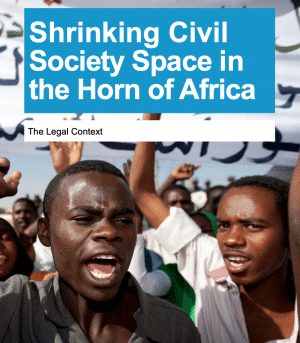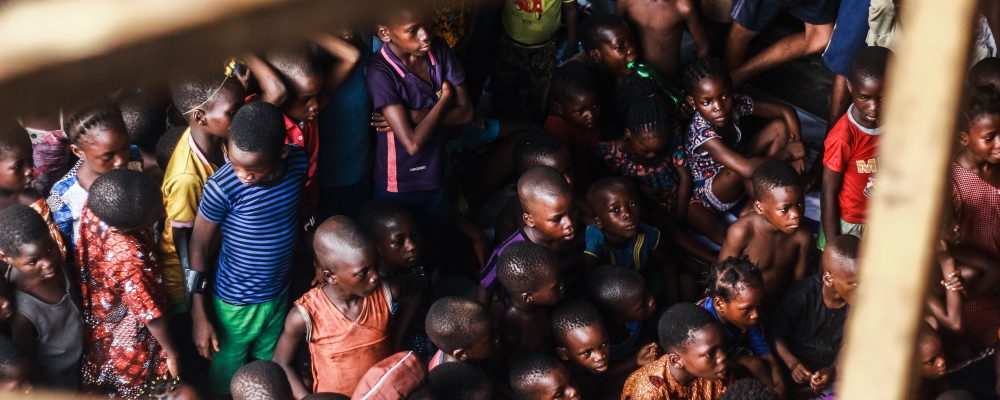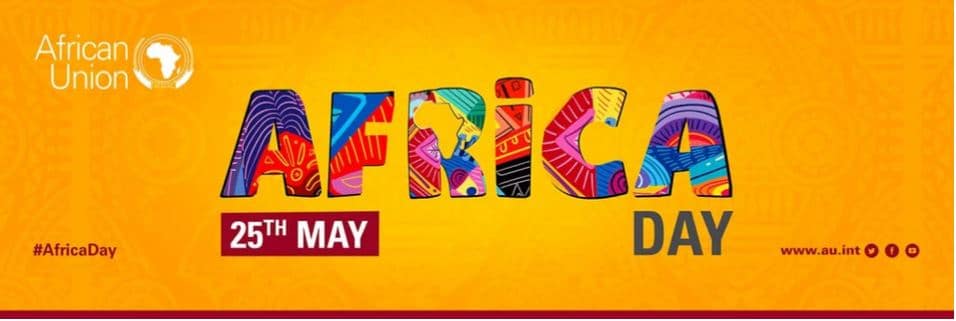
Policy highlights:
- This report gives an overview of the legal framework regulating civil society organizations (CSOs) in the greater Horn of Africa, the ongoing political and economic transformation taking place, as well as the increasing tension and dynamism between governments and CSOs.
- Almost all countries in the Horn of Africa have constitutional provisions and ratified international laws protecting CSO rights. However, the legal personality of CSOs emanates from domestic law, not international law, which, depending on the country, often restricts the protection of CSOs and limits their operational freedom.
- Legislation has placed severe constraints on CSOs at two levels: CSOs in the Horn of Africa often face difficult, bureaucratic and unreasonable registration procedures, as well as government interference in their operations through restrictions on the solicitation and allocation of funding, onerous reporting requirements and the need for government approval of their operations.
- CSOs in the Horn of Africa are often forced to work under the cover of ‘acceptable’ development programmes, such as health projects, or simply register as other types of organizations in order to avoid government interference. Some CSOs have established themselves in neighbouring countries where they can operate more freely.
- This report suggests the following to enlarge civic space in the Horn of Africa:
- Governments in the region should: (1) Review their laws and policies regarding the operation of CSOs to ensure that they are in line with international law, and (2) ensure that registration procedures are transparent and CSO operations are not subject to political interference.
- CSOs in the region should: (1) Expand existing local and social accountability programmes that hold government authorities accountable for better service delivery, and (2) work closely and engage with international and regional organizations like the African Union (AU), Intergovernmental Authority on Development (IGAD), East African Community (EAC), UN, and other actors to leverage their ability to influence governments in the region, including to challenge restrictive legislation under regional and international law.
- The AU, IGAD and EAC should: (1) Ensure that regional CSOs are able to participate in regional and continental decision making, including by consulting regional CSO forums and ensuring that CSOs with expertise are invited to relevant regional meetings, (2) engage with national governments to create an enabling environment for CSOs, and (3) partner with CSOs to promote the ratification, domestication (into national law) and implementation of relevant continental and regional legal instruments.
- International partners should: (1) Lobby regional governments to prioritize a progressive environment for CSOs, (2) jointly plan with CSOs at local and national levels, as well as in regional platforms, to ensure that transparency and solidarity are promoted and strengthened, and (3) take the lead in the creation of a basket fund with a simplified grant application process that would enable CSOs to enjoy multi-year funding for long-term strategic institutional and financial reforms, which would ensure their financial sustainability.







